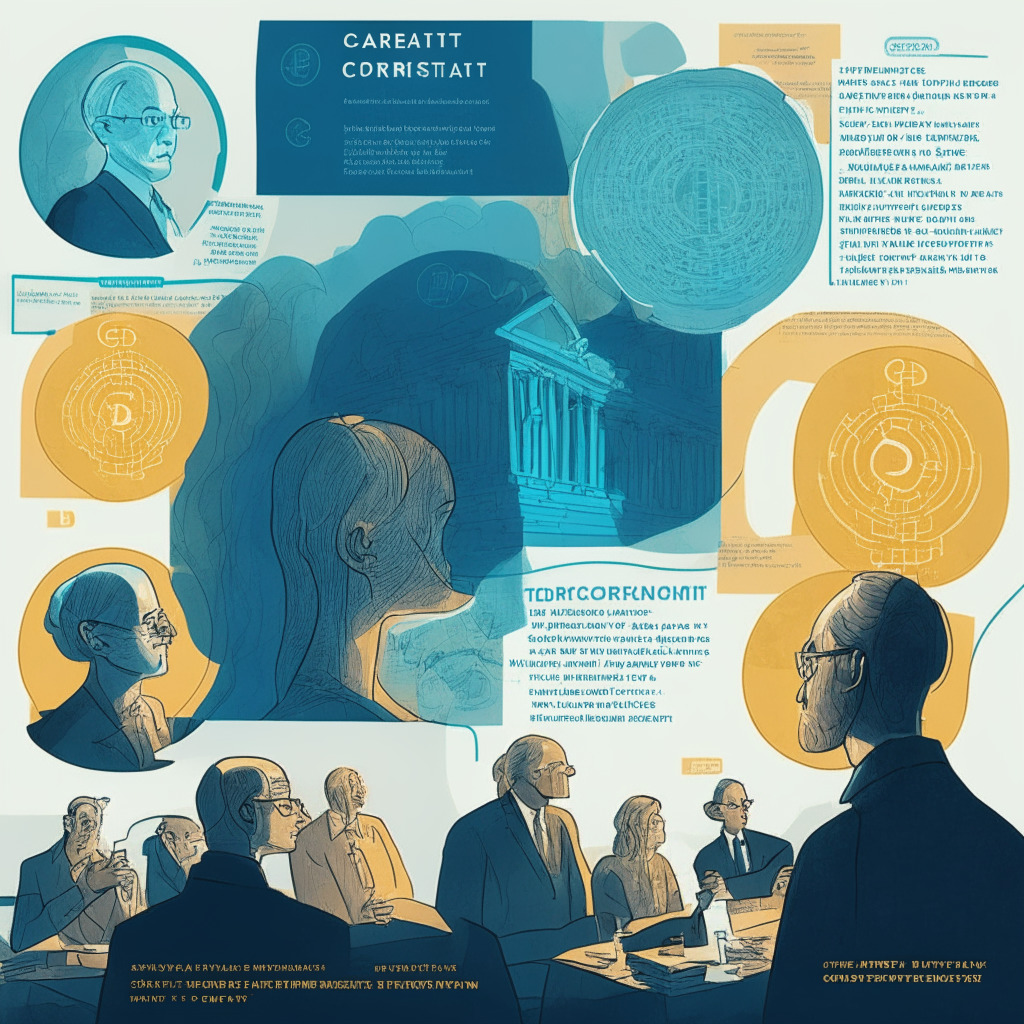The World Economic Forum (WEF) recently published a white paper on crypto asset regulation, highlighting the urgency for regulation and emphasizing the importance of international cooperation. The paper argued that global coordination is necessary to prevent ambiguity, regulatory arbitration, and inconsistent enforcement.
The existing activity-based, intermediary-focused approach of regulation is not always suitable for the unique nature of crypto-assets, even when these activities resemble those found in the traditional financial sector. Anonymity provided by crypto mixers, self-hosted wallets, and decentralized exchanges further complicates regulation. Increasing interconnectedness with traditional finance also raises potential contagion risks from the crypto industry.
The white paper proposed various classifications of regulatory frameworks for comparison, which included outcome-based regulation, risk-based regulation, agile regulation, self-regulation, and co-regulation. Countries like Switzerland and Japan were cited as examples of self- and co-regulation, while the United States was seen as the home of regulation by enforcement. The authors did not recommend the regulation-by-enforcement approach for building out a framework, as it precludes any meaningful discussion of what should and should not be regulated.
The paper suggested three broad recommendations each for international organizations, regulatory authorities, and the crypto industry. It encouraged best practice sharing and coordination across jurisdictions to ensure consistency and clarity. With the transparent nature of new technologies, better regulatory tools could be devised to address cross-border concerns.
However, there are challenges to implementing a globally coordinated regulatory framework – primarily due to differing legislative approaches taken by various jurisdictions. Also, the fast-paced evolution of the crypto market and the emergence of new digital assets create difficulties in designing a one-size-fits-all regulatory approach.
In contrast, the approach of shared regulatory standards has been working well in some instances, as seen in the strategic partnership between Bitpanda and Coinbase, wherein Bitpanda incorporated Coinbase Exchange into its authorized liquidity providers.
In conclusion, international cooperation and information sharing are crucial for the development of an effective crypto asset regulatory framework that accommodates the unique nature of digital currencies. Such a balanced approach could foster further innovation while mitigating the risks associated with the rapidly expanding crypto market.
Source: Cointelegraph




